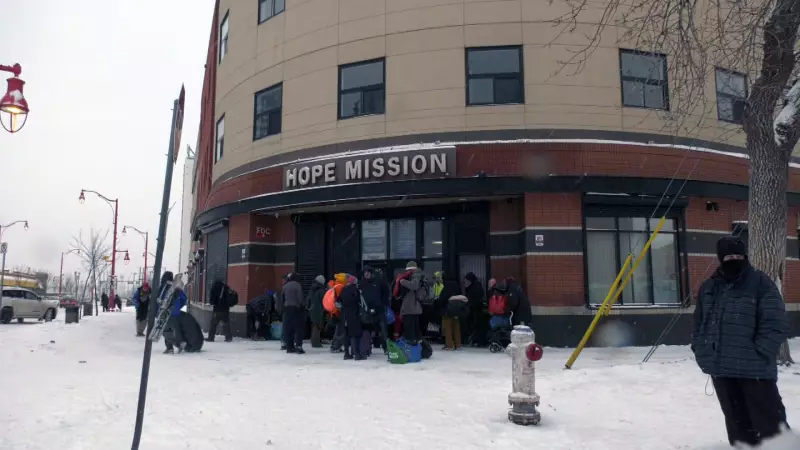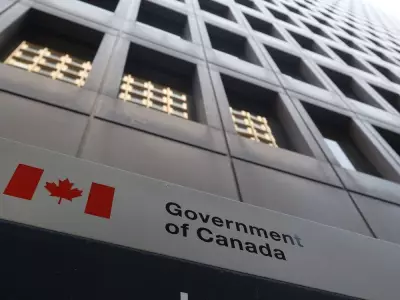
Edmonton City Council's recent decision to inject $1 million into temporary day shelter services has ignited a firestorm of conflicting opinions, revealing deep divisions in how the city should address its growing homelessness crisis.
The Funding Breakdown
The contentious allocation will support three key organizations through the end of 2024: Boyle Street Community Services, The Mustard Seed, and the Bissell Centre. This funding represents a critical stopgap measure to maintain daytime shelter operations during the challenging winter months.
Voices of Support: A Necessary Lifeline
Advocates for the funding emphasize the urgent need for warm, safe spaces during Edmonton's harsh winters. "This isn't just about shelter—it's about survival," one supporter noted during council deliberations. Proponents argue that without these services, vulnerable populations would face increased risks of frostbite, hypothermia, and other cold-related health emergencies.
The temporary nature of the funding also received praise from some quarters, with supporters viewing it as a "necessary bridge" while the city develops more permanent solutions.
Critics Sound the Alarm
Opposition voices, however, question the effectiveness of temporary measures. "We're throwing money at symptoms rather than solving the root causes," argued one concerned citizen during the heated council meeting. Critics point to several key concerns:
- Lack of long-term strategic planning
- Potential for creating dependency on temporary solutions
- Questions about measurable outcomes and accountability
- Concerns about neighborhood impacts and community safety
The Bigger Picture: Edmonton's Homelessness Challenge
This decision comes against the backdrop of Edmonton's ongoing struggle with homelessness. Recent statistics show the city faces significant challenges in providing adequate housing and support services for its most vulnerable residents.
The debate highlights a fundamental tension in municipal governance: balancing immediate humanitarian needs with sustainable, long-term solutions. As one council member observed, "We're trying to put out fires while simultaneously building a better fire department."
What Comes Next?
The temporary funding approval sets the stage for broader conversations about Edmonton's approach to homelessness. All eyes will be on how effectively the three organizations utilize the funds and what measurable impact they can demonstrate by year's end.
This decision serves as a critical test case for Edmonton's ability to balance compassionate immediate response with strategic long-term planning. The coming months will reveal whether this million-dollar investment represents a wise use of public resources or merely postpones harder decisions about permanent solutions.





